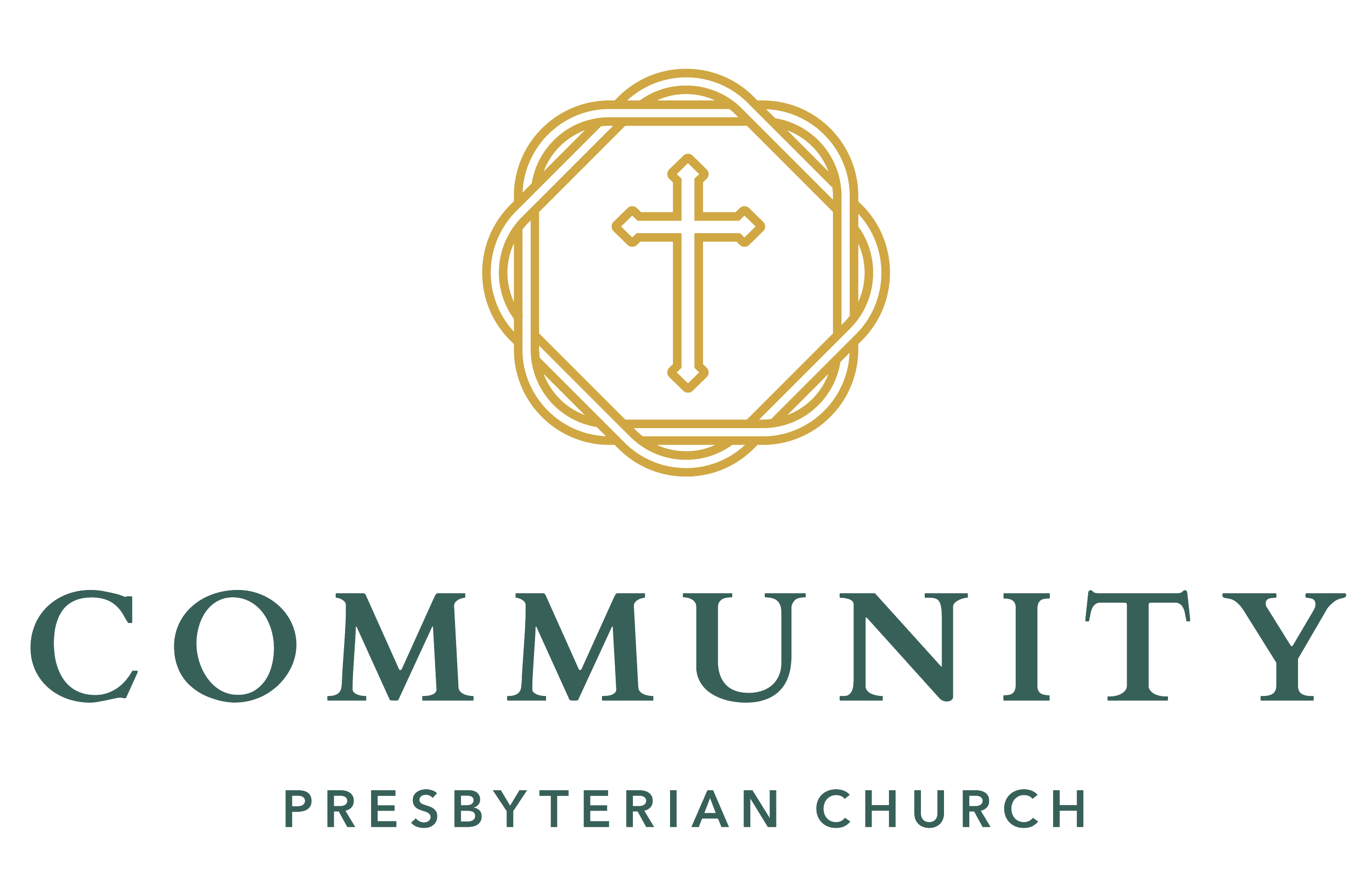What Is the Lord's Supper? (Part V)
Feast or funeral? That’s a major question as we approach the Lord’s Table. What are we here to do? Are we rejoicing, or are we mourning? Is this a festive banquet we have come to, or a funeral service?
You can understand why many have drawn the conclusion that we are coming to a funeral in the Supper (or a “memorial” in other words). For one thing, it was instituted moments before Christ’s betrayal and arrest, then subsequent “trial” and execution. Jesus Himself says that the elements of bread and wine are tokens of His gruesome and substitutionary death for sinners. Furthermore, Paul says in 1 Corinthians 11:26, “For as often as you eat this bread and drink the cup, you proclaim the Lord’s death until He comes.” The Apostle is very clear and there’s no getting around it: when we partake of the Lord’s Supper, the theme of death is central.
And yet, I posit to you that when we approach the Lord’s Supper we should do so with an attitude marked primarily by joy, and not sorrow. We come singing and rejoicing, not mourning or weeping. But how can this be, if the very foundations for the sacrament are pervaded with the concept of death? Well, the answers lies in the gospel. The gospel flips on its head our thinking about death in every way, but in especially two ways when considering the Lord’s Supper.
First, when we think upon the crucifixion of Christ it is good and right for us to mourn our sins that caused His pain and death. As the new hymn puts it, “It was my sins that held him there until it was accomplished.” But if we were to simply stop there, at the sorrow over our sins, then we have done a disservice to the death of Christ. Because in His death our sin died—at that is greatest news of all! That is news well-worth feasting and celebrating over. Paul says in Galatians, “I have been crucified with Christ. It is no longer I who live, but Christ who lives in me” (2:20). Or later, “But far be it from me to boast except in the cross of our God Jesus Christ, by which the world has been crucified to me, and I to the world” (6:14).
Paul also revels in this fact in Romans 6: “How can we who died to sin still live in it? Do you not know that all of us who have been baptized into Christ Jesus were baptized into his death?” (vv. 2-3). As Paul revels in this glorious truth, so should we. This is what it means to “proclaim the Lord’s death until He comes” at the Supper—we proclaim the fact that death and sin died in the death of Christ. What a proclamation! What a joy!
Second, the gospel tells us that the death of Christ is not the end of the story. Indeed, if it was that would be no good news at all. Instead, the Gospel is the good news of the death and the resurrection of Jesus Christ. Paul goes in Romans 6:4, “We were buried therefore with him by baptism into death, in order that, just as Christ was raised from the dead by the glory of the Father, we too might walk in newness of life.” Because Christ died, our sinful nature has been put to death. Because Christ was raised, we too can live in regards to our spiritual nature—that is, we can live in the power of the life-giving Holy Spirit.
Do you see how it would be a perversion of the gospel to only regard the death of Christ in the Lord’s Supper? If we were to do that, at best we would be leaving out 50% of the gospel story. Christianity is such a curious thing. It means we can come to what seems to be, by all good reason, a funeral or memorial service and yet still feast with joy. Paul makes this point brilliantly in 1 Corinthians 5:7-8. There He argues that it is the very fact that Christ was killed for that should cause us to keep the feast, in other words rejoice! “For Christ, our Passover lamb, has been sacrificed. Let us therefore celebrate the festival!”
The only way this makes sense is within the scope of the entire gospel story. Christ’s sacrifice is not all, there’s also His resurrection. This is why throughout church history many congregations have recited “the mystery of the faith” at the Lord’s Supper: “Christ has died, Christ is risen, Christ will come again!” What hopeful expectation is ours as we approach the Table. What joy should fill our hearts as we remember that our sin died with our Savior in order that we might live with Him—and feast with Him!—for an eternity.
